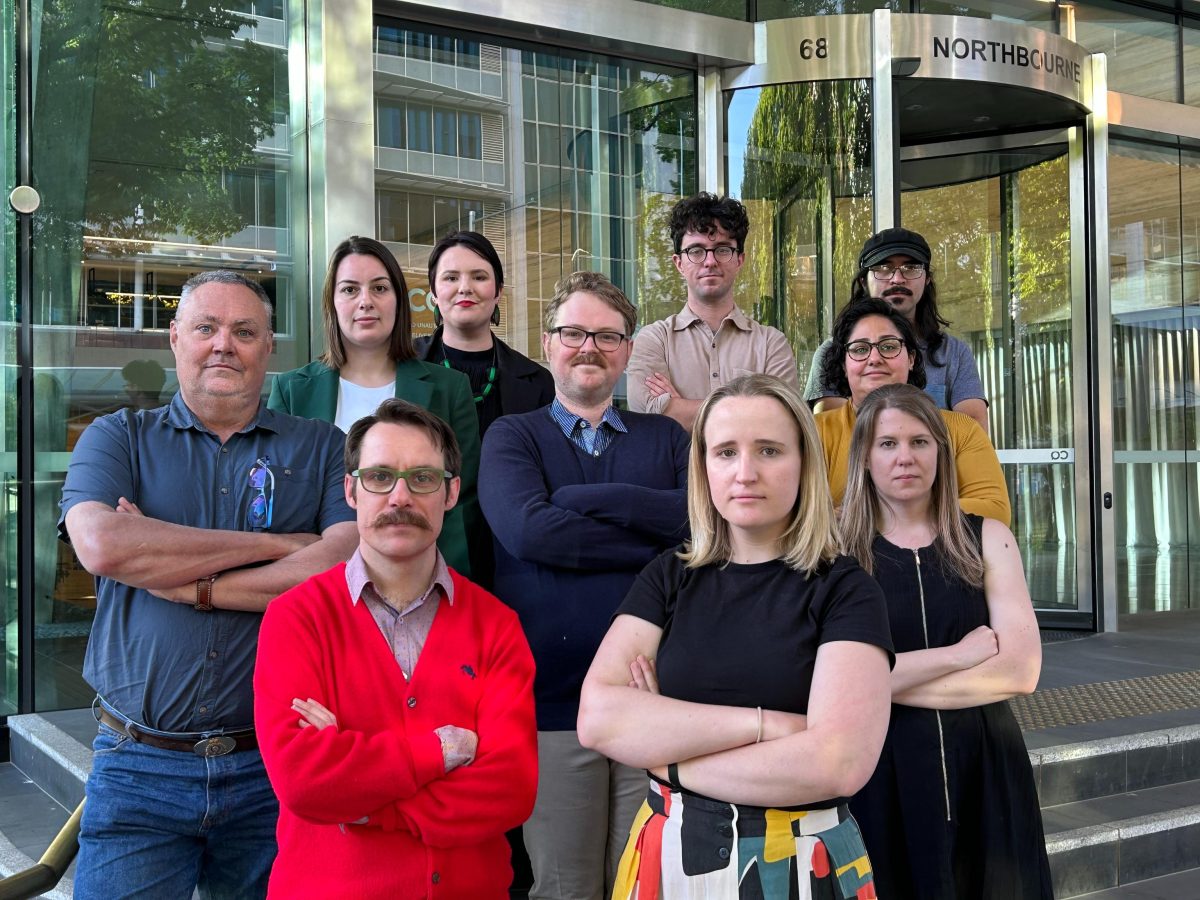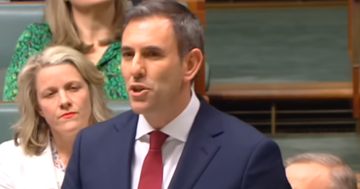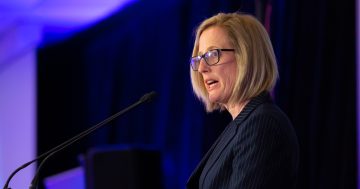
The Members United team says APS pay would now be better off under a Coalition government. Photo: Supplied.
Unionists taking a tough stance against the Federal Government over APS wages have used this week’s release of Wage Price Index (WPI) data to claim public sector workers are worse off under Labor than they would have been if the Coalition was still in power.
The WPI rose 1.3 per cent in the September quarter, and 4.0 per cent for the year, according to seasonally adjusted data released by the Australian Bureau of Statistics (ABS).
This is the highest quarterly growth in the 26-year history of the WPI.
Two elements drive WPI increases: the proportion of jobs that have a wage increase and the size of the increases received.
Annually, seasonally adjusted private sector wages growth was higher than the public sector (4.2 per cent compared to 3.5 per cent).
This was the highest annual growth for the private sector since the December quarter 2008 and for the public sector since June 2011.
ABS head of prices statistics Michelle Marquardt said a combination of factors led to widespread increases in average hourly wages for the quarter.
“The growth was mostly driven by increases to wages in the private sector. Almost half (49 per cent) of all private sector jobs recorded a movement with the average increase being around 5.8 per cent,” she said.
“This compared to the public sector where 34 per cent of jobs recorded an average pay rise of 3.3 per cent.”
Members United, a grassroots breakaway group inside the Community and Public Sector Union (CPSU), said the WPI signalled the alarm for the financial health of Australia’s public sector workers because growth in the private sector was higher.
In 2021, the then Coalition federal government issued a wages policy applying a cap to public sector wages at the private sector WPI.
With that direction in place, the Members United team said the Coalition’s private sector WPI instrument would have imposed a cap of 4.2 per cent, higher than Labor’s wages offer of 4 per cent in March next year.
However because the WPI fluctuates, there would be times when – under the Coalition’s policy – the cap would be lower.
The current government has offered an APS-wide wages increase of 11.2 per cent over three years, with a 4 per cent rise in the first year. It says this gives certainty whereas being locked to the WPI does not.
Finance and Public Service Minister Katy Gallagher insisted the offer would not be further revised. The government’s first offer was a 10.5 per cent increase over three years.
The CPSU has a claim in for a 20 per cent wages increase over the same period and embarked on a series of strikes across Australian Public Service (APS) agencies in protest.
But Members United campaigners say the union leadership is not going hard enough against the government. Its candidates are contesting the CPSU’s current ballot for the union’s national executive positions.
National secretary candidate Will Mudford said the current CPSU leadership was too close to Labor. National secretary Melissa Donnelly sits on the ALP’s national executive.
“It’s official – APS workers could have been getting a better pay deal under the previous Coalition government’s wages policy than under the ALP,” Mr Mudford said.
“This government is not serious about restoring their status as a model employer. Katy Gallagher is squarely to blame for this.
“Public servants, like all workers, are suffering with the cost of living crisis – rents and essentials keep going up, interest rates have risen yet again and now we know our pay is going to fall behind the private sector.
“Melissa Donnelly’s team at the CPSU must stand up to [Senator] Katy Gallagher or get out of the way.”
But with strike action ramping up across a growing number of agencies, the CPSU is not making it easy for the government.
Ms Donnelly is demanding a better pay deal be put on the table.
“The CPSU wants to see a package on the table that APS employees can proudly get behind, and we believe the government wants that too,” she said.
“There is a clear and simple fix here.
“The conditions package that has been negotiated contains industry-leading working from home rights, an increase to casual loading, significant improvements to paid parental leave and enhanced job security provisions.
“But APS employees want to see the government do better on pay.”
Senator Gallagher did not wish to comment. She has previously stated the CPSU election is a matter for the union.



















